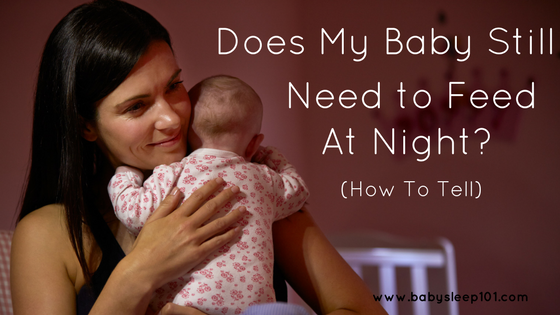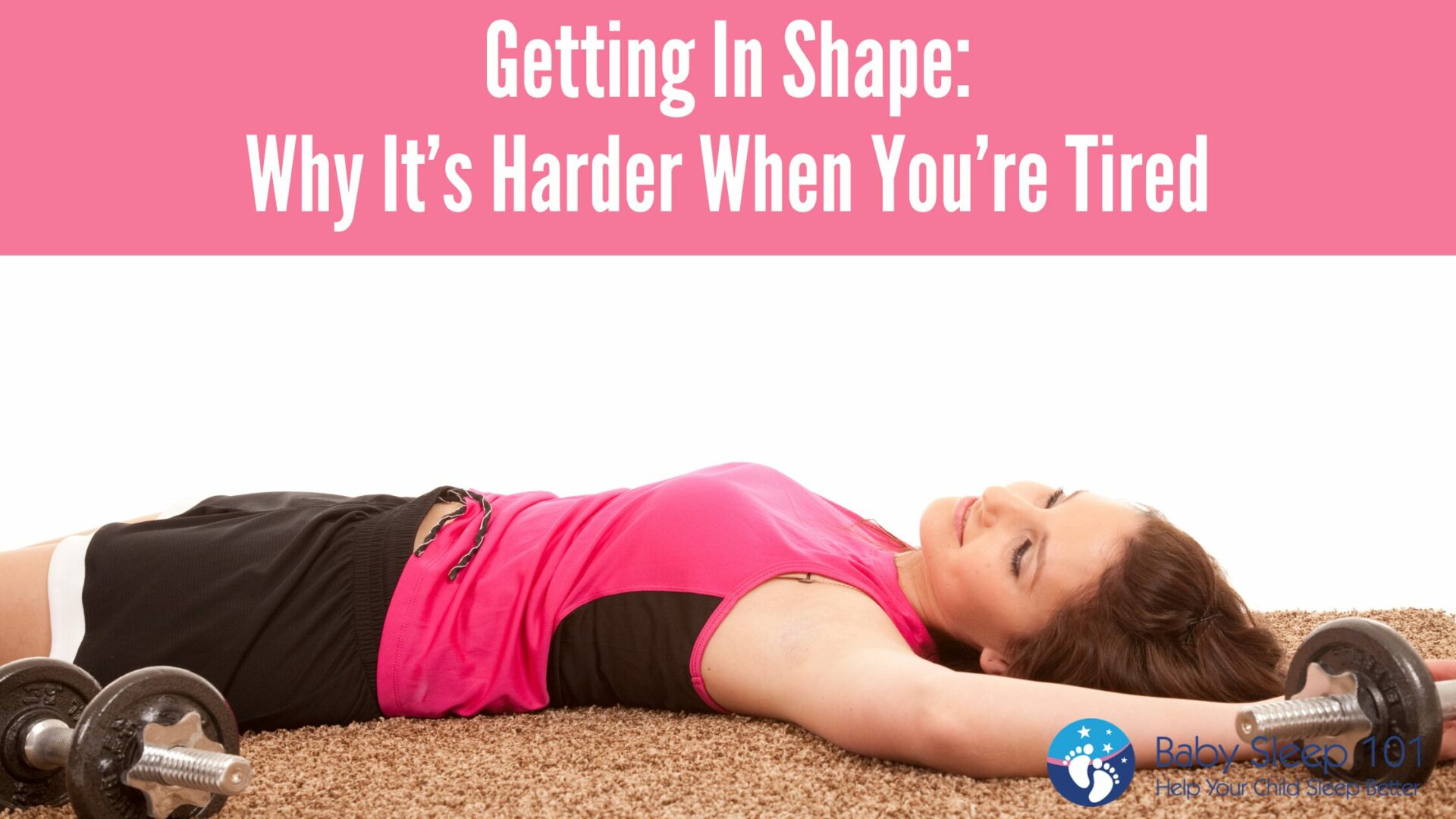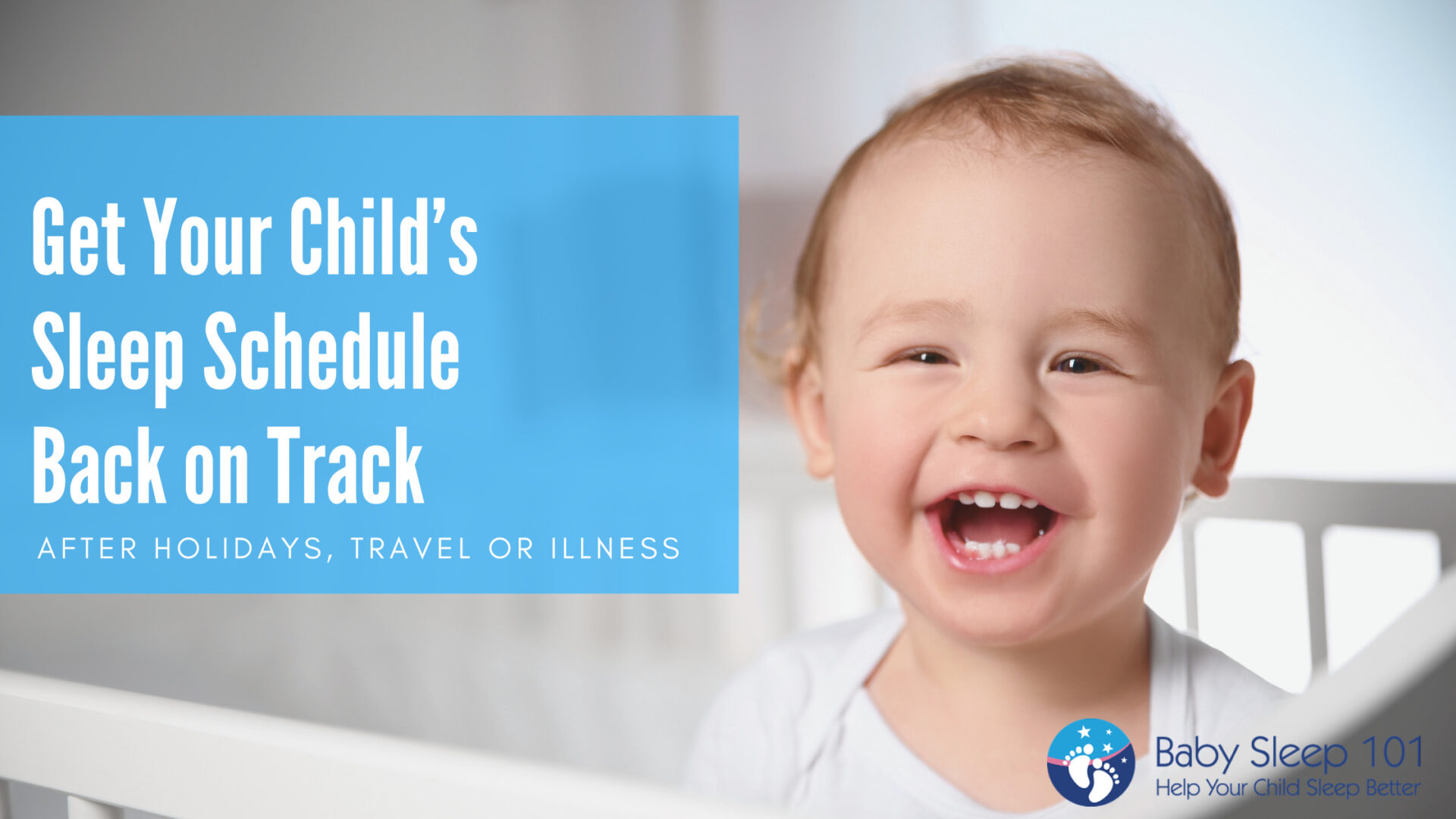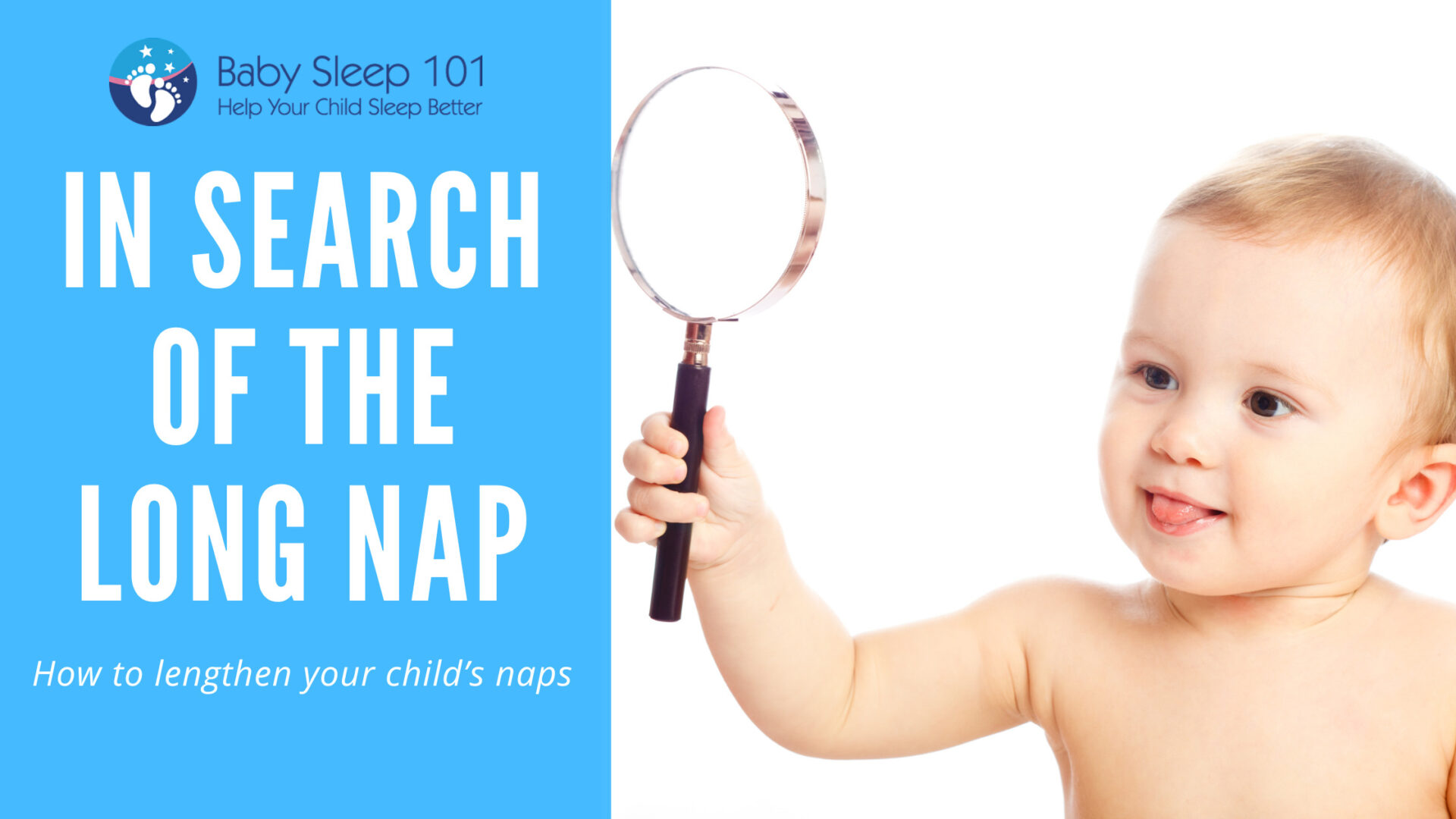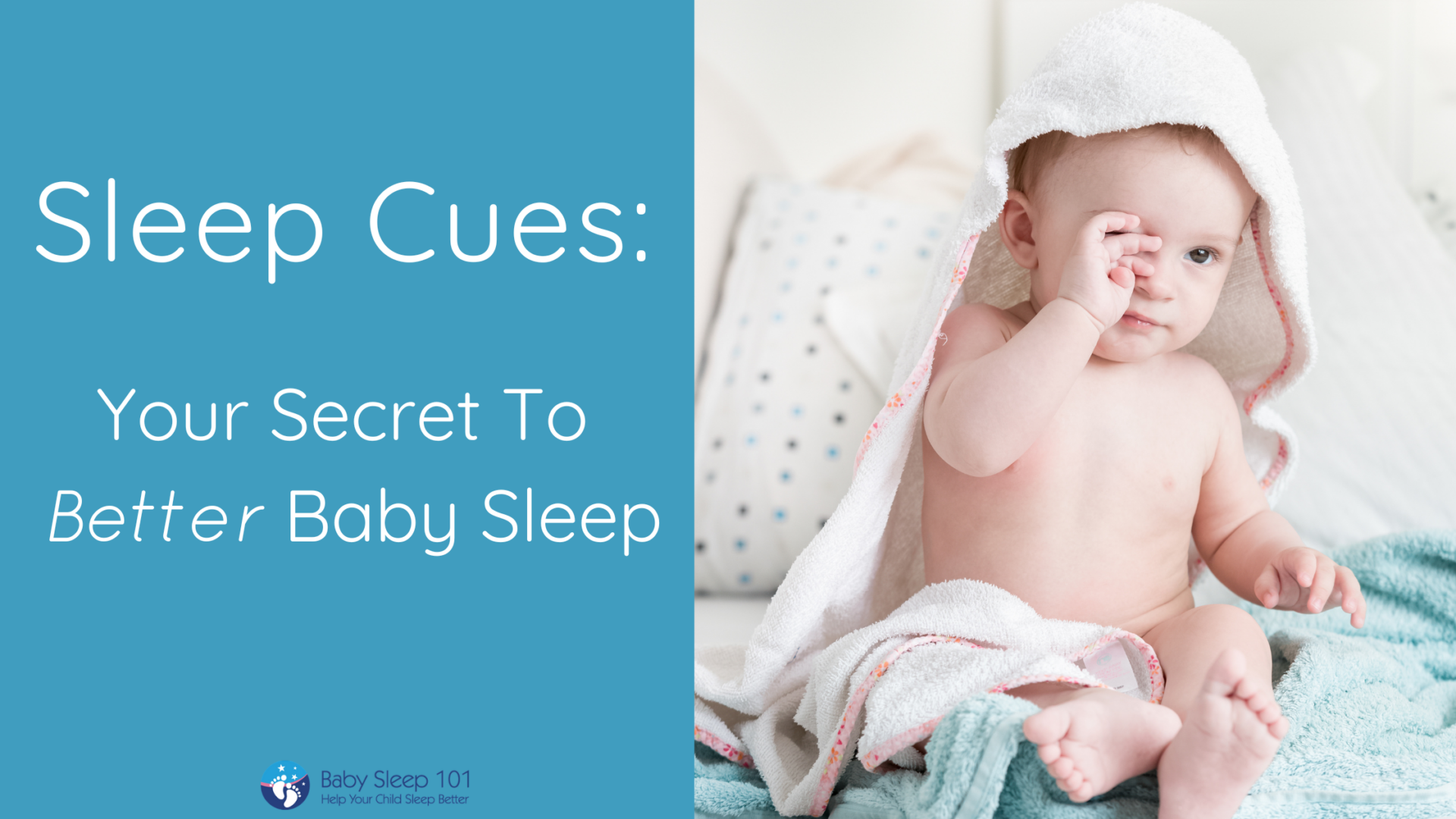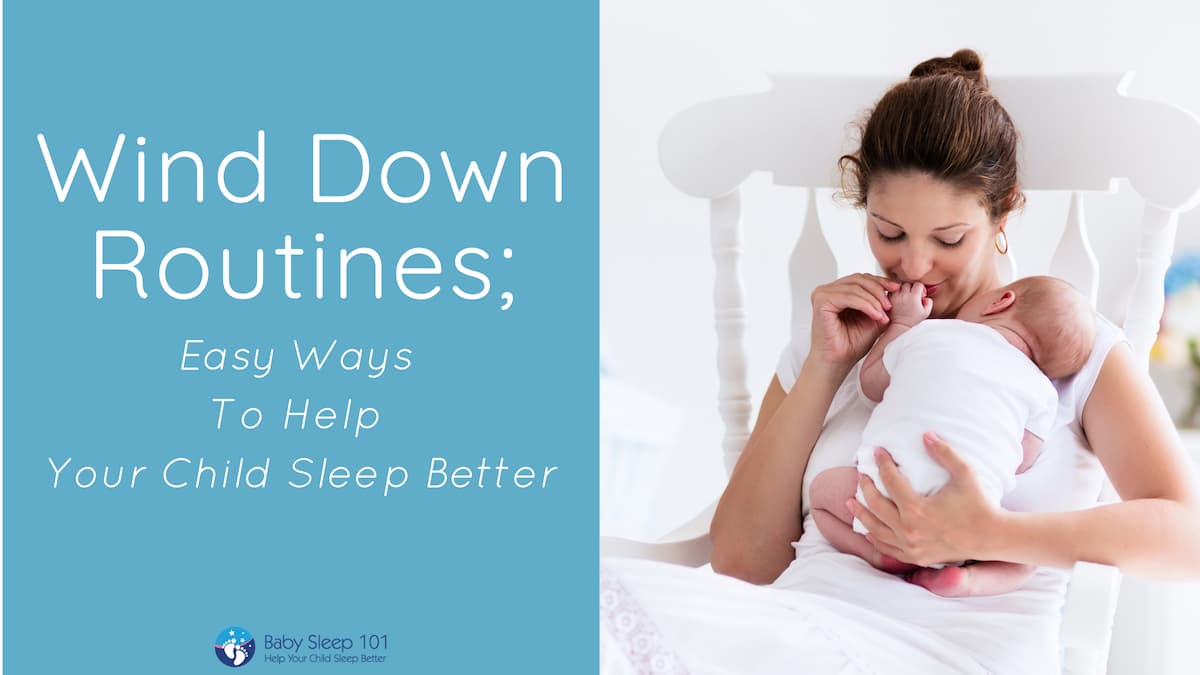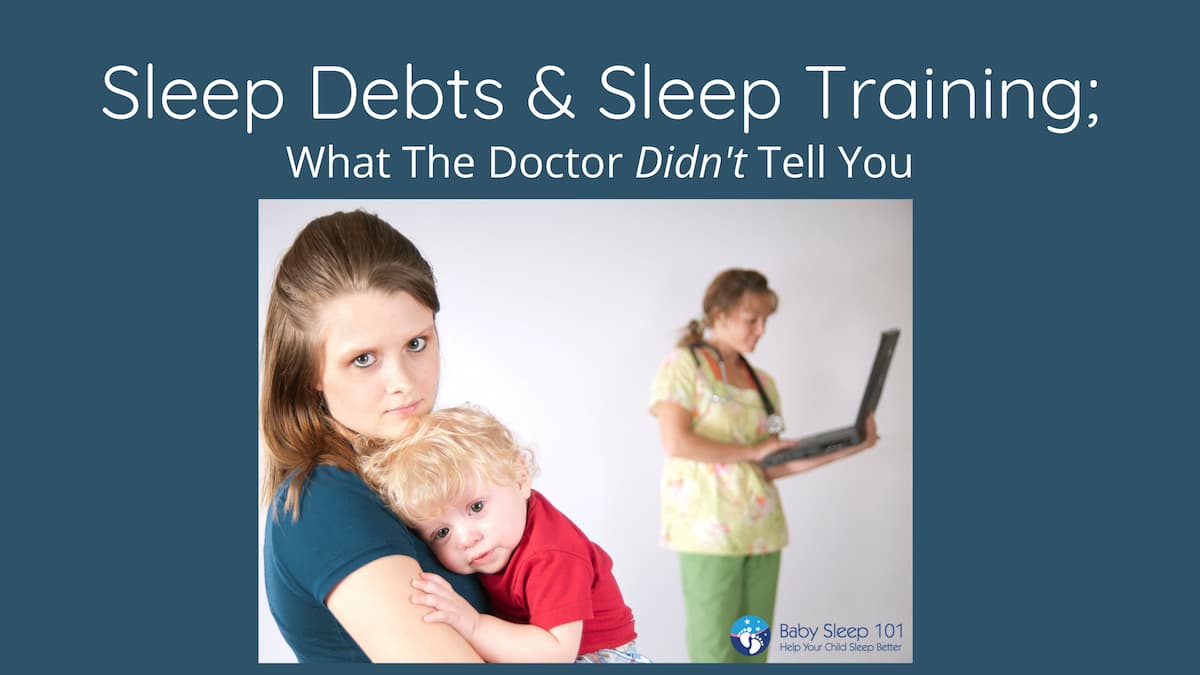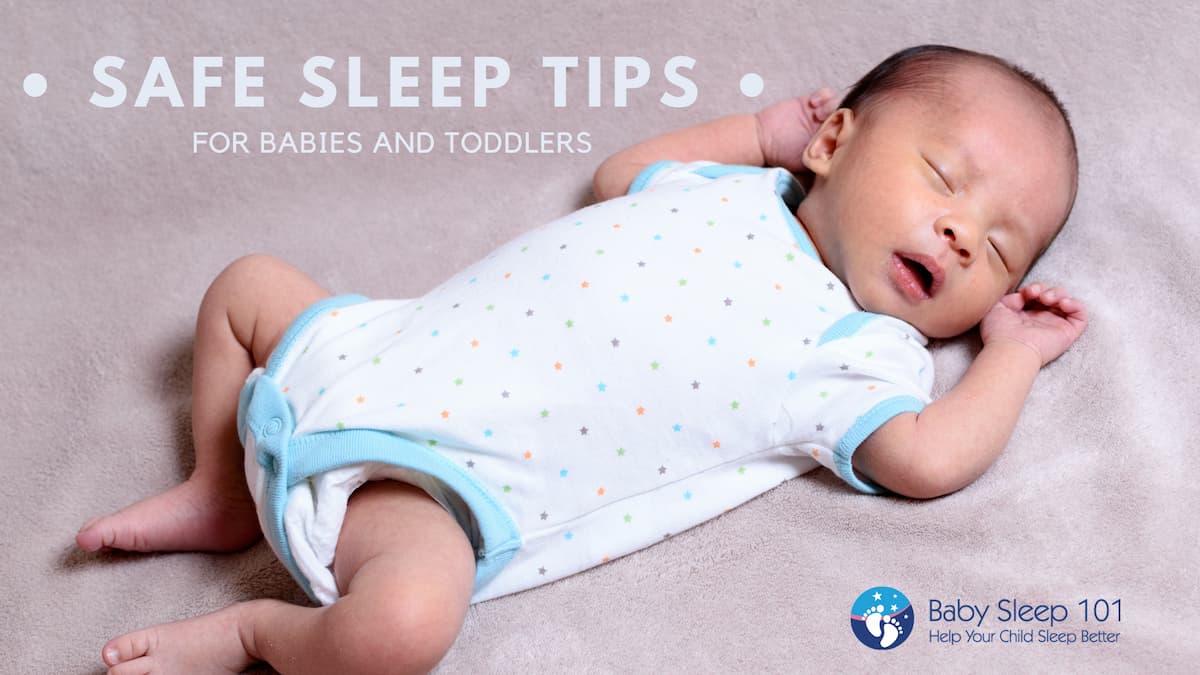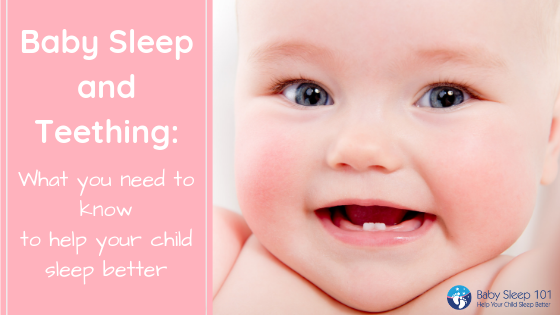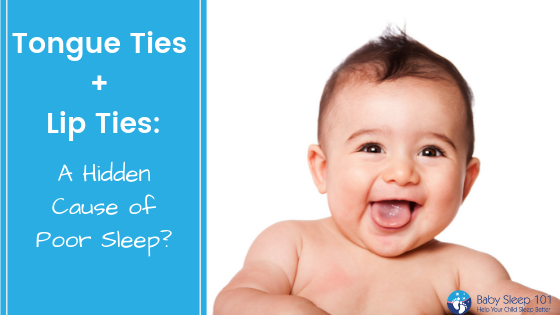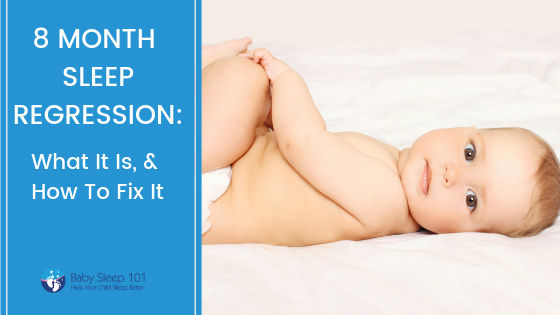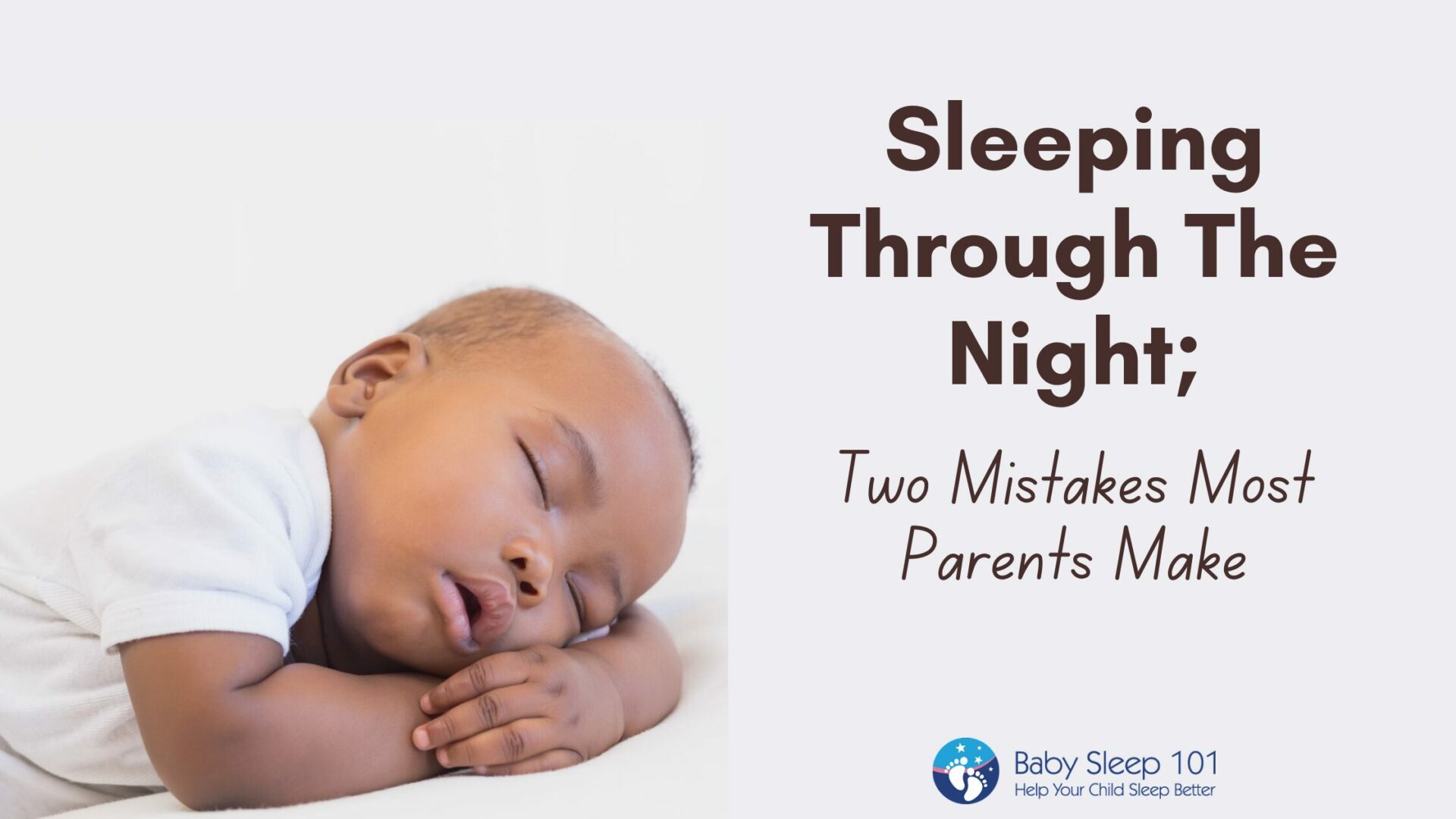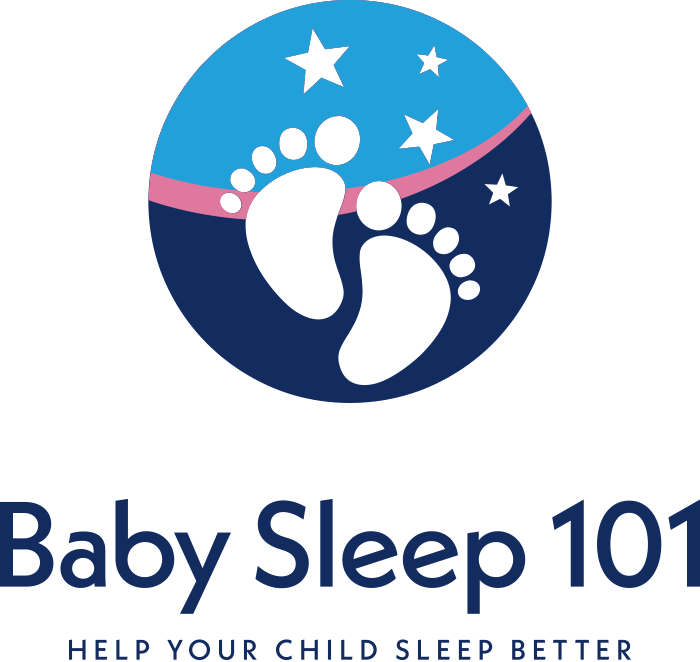Baby still need to feed at night? Here’s how to tell!
You know the drill: you have spent an hour trying to get your baby to bed for the night. You haul your exhausted body to bed, only to be woken up a few hours later to the sound of crying.
Climbing out of your warm covers, you scoop up your baby and try to feed her. She takes a few sucks and then is back asleep. Laying her back down, you try to return to sleep but you can’t-you know she will be back up in an hour to repeat the process.
And so you start to wonder;
“does my baby really need allllll of these feeds, or am I being used as a human pacifier” ?
Whether I’m teaching workshops, doing my free Q & A sessions or working with private clients, it’s a common question.
Usually it’s followed up with; ” I’m totally fine with feeding-if she truly needs it-but how do I know? She never refuses a feed and it seems to be the only way I can get her back down”.
It’s rare for a baby to not feed at least a little when offered a breast or bottle. Even older babies, who may be waking every 1-2 hours often still eat when offered. But this doesn’t always mean that they are hungry. Confusing, right?
So let’s clarify something.
A baby waking at night feeding for true feeds, and, waking at night and wanting to eat because the baby is used to falling to sleep while feeding, are two separate things.
You can have a baby that wakes to feed at night to satisfy true hunger and still knows how to fall asleep independently. The two are not mutually exclusive because sleep training does not mean forced, premature night weaning.
However, if your baby is only feeding as a means of getting back to sleep and isn’t taking full feeds, this is usually referred to as a sleep association, prop or crutch.
Confused yet?
But wait, there’s more.
It’s common for children to combine these during the night; sometimes waking because of a sleep association and other times needing to be fed.
How does a tired mom decide which category her child falls into?
To answer this question, we need to examine a few factors.
Factors To Consider
Before we start, we need to consider your baby’s;
- age
- growth, weight percentile (both current and past)
- general health, and any medical concerns
- daytime sleep routine and amounts
- bedtime
- whether the child is falling asleep feeding or not
- feeding routine and
- intake amounts; day vs. night
When I work with my private clients, I also get their opinion on where they feel they are in their breastfeeding journey (if applicable), as well as their feelings/instincts on whether the feeds are needed out of hunger or wanted as a means of getting back to sleep. (To read more about sleep associations click here.)
Get your FREE copy of “Help Your Child Sleep Through the Night, 5 Tips Every Parent Needs To Know”
It is also important to factor in any medical professional’s opinion that you value such as the child’s doctor and/or an International Board Certified Lactation Consultant (IBCLC).
While we want to get a complete picture, I do find that most of the time, mama knows best. Sometimes there have been one-too-many opinions and my moms are feeling a bit overwhelmed and are just looking for some guidance. I know you’re tired, but don’t discount your own gut instinct.
How Many Night Feeds Per Age
Let’s start by looking at some common feeding patterns. Please note: this is just an average. Every child is unique and you need to consider all the factors mentioned above.
Case in point; I’ve seen 4 month olds go 11-12 hours at night without a feed, and other 4 month olds that needed 3 feeds throughout the night. But here are some average night feeding amounts.
0-3 Months: Feeds every 2-3 hours
4-5 Months: Bedtime feed, plus 1-3 more feeds through the night
6-8 Months: Bedtime feed, plus 1 feed
9-11+ Months: Bedtime feed, 0 night feeds
If your baby is feeding more frequently than listed above, she may have developed a sleep association with the breast or bottle. Use the following checklist to help you narrow it down more.
Night feeds may be needed if:
- Your baby is younger than 8 months
- Your baby can fall asleep independently
- Eating solids are not a part of your baby’s regular daytime routine
- Your baby takes a full feed at night
- Your baby is going 1.5-2.5 hours between milk feeds during the day, and takes a significant feed at each one
- Your baby goes back to sleep easily and quickly after a night feed
- Crying escalates and continues for a long time if you try to wait to feed your baby at night
- Your baby is regularly waking up at similar times for a night feed (eg: 12:30AM and 4:30AM)
When Are Feeds Not Needed?
A feed may not be needed if:
- Your baby is 8 months or older
- Your baby frequently falls asleep at the breast or bottle
- There are a wide variety of solids being consumed, 3 times a day
- Your baby only nurses or drinks to get themselves back to sleep
- Your baby is going 3-4 hours during the day between milk feeds
- Your baby stays awake for 20+ minutes after a night feed, and is happy
- Your baby returns to sleep (after fussing/babbling for a while) if they wake at night and you don’t feed them
- You describe your baby as a “snacker” during the day but takes long feeds at night
- There is no consistency in night wakings; sometimes she sleeps until 3am, other times she feeds at 11pm.
Still Not Sure?
“Ugh! I’ve read everything and I’m still not sure-does my baby need to feed at night, or not?”
If after reading the above categories, you still are undecided on what your child needs, I recommend that you continue to offer night feeds but begin to document your child’s night wakings.
For 7- 10 days, record/log their daytime feeds and amounts, as well as night time wakings and intakes each time you offer the bottle or breast.
Once finished, review the information you have collected. What do you see?
Do you notice which feeds are larger than others?
Are there any similar patterns from night to night?
Babies four months and older may fall into a pattern of a feed at bedtime, and then two more after that during the night. Using that information you may find that the bigger/longer feeds may be the “true” ones and the shorter feeds may be the ones that are the sleep associations.
If you find there are several more feeds than that (and there are no health concerns or weight gain issues), you can talk to your IBCLC or doctor about weaning some of the extra night feeds.
Want to discuss the results of your night feed logs? Join the Baby Sleep 101 Facebook page to participate in the weekly Q & A session, or book a private mini-consultation from the A La Carte section to spend more time in a one-on-one discussion.
P.S. Don’t forget to download your FREE copy of the Baby Sleep 101 sleep guide. Get it here.


